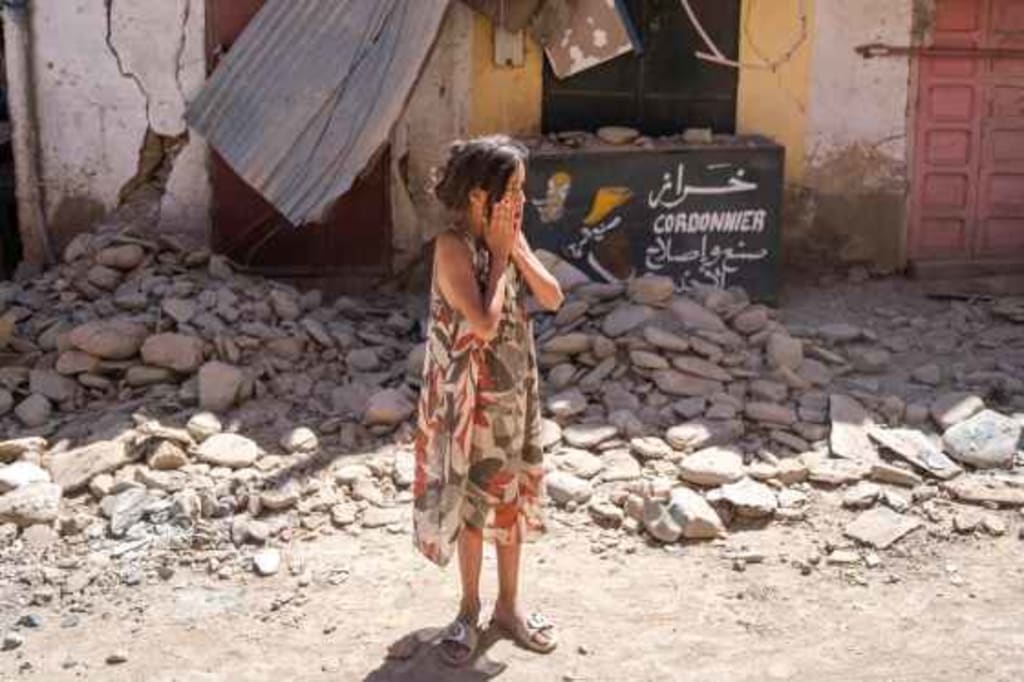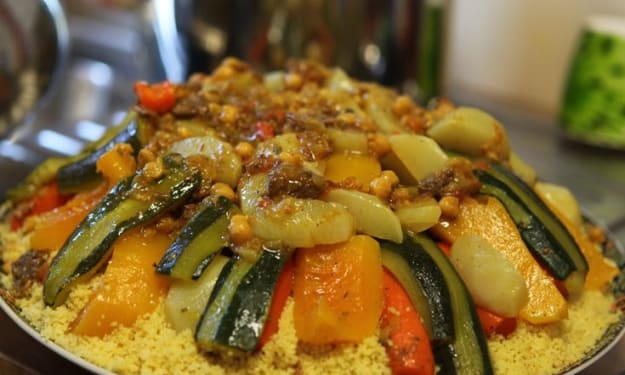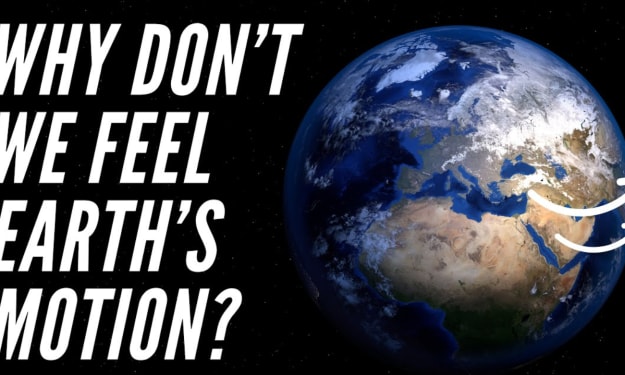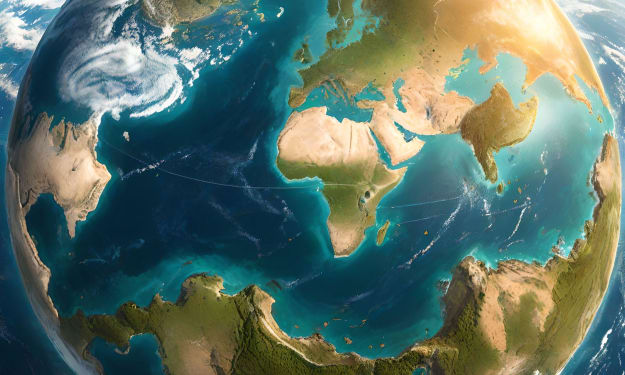The 2023 Al Haouz Earthquake in morocco
The 2023 Al Haouz Earthquake

Local media began reporting news of an earthquake in Morocco shortly after 11:00 PM local time. The earthquake was felt by residents in dozens of Moroccan cities, including the capital Rabat, Casablanca, Fez, Agadir, and especially the city of Marrakech, which was close to the epicenter. Reuters news agency reported that the German Seismological Center measured the earthquake's magnitude at 7 on the Richter scale. The official Moroccan television, quoting the National Institute of Geophysics, confirmed the earthquake's strength as seven degrees and that it affected several regions of the kingdom. The National Institute of Geophysics located the epicenter of the earthquake in the Haha region, southwest of Marrakech, and described it as "the most powerful in a century," according to the institute's director.
According to the Moroccan Institute of Geophysics, six significant aftershocks were recorded following the main earthquake, with the first aftershock being the strongest. The institute's director acknowledged in a press statement that the strength of the earthquake that hit the Marrakech-Safi region was an "exceptional event in the area." He emphasized that the mountainous and rugged terrain of the affected area exacerbated the damage and made rescue efforts challenging. He also noted that modern buildings suffered less damage compared to older buildings in rural areas and villages
Impact:
Soon after the earthquake, images and videos documenting the earthquake in several Moroccan cities, including Marrakech, spread rapidly on social media. Some of Marrakech's old city walls were partially damaged due to the severity of the earthquake and its proximity to the epicenter. Other videos captured the panic of citizens and their attempts to flee to shopping centers, restaurants, cafes, and other places when they felt the earthquake. The earthquake initially caused significant material damage, especially in areas near and around Marrakech, where many buildings were evacuated, and hundreds of residents fled their homes onto the streets. Some houses in the old parts of the city collapsed, as did parts of the historic walls. In Jardin el Badi, the minaret of the Koutoubia Mosque collapsed, crushing vehicles below. Videos showed piles of debris, collapsed walls, and dust clouds. A UNESCO World Heritage site in the city also suffered damage.
The village of Moulay Ibrahim in the Haha region suffered extensive damage, with some residents trapped under collapsed buildings. Volunteers made several rescue attempts. Shortly after the seismic waves subsided, patients from the University Hospital in Marrakech were evacuated to open areas away from walls, prepared for any possible aftershocks. Health authorities in Marrakech also appealed to citizens to donate blood to aid the injured.
The death toll has risen to 2,901 people, with 2,884 individuals having been buried. The number of wounded has increased to 5,530 people. All the new fatalities were recorded in the Haha region, while no new deaths were reported in the other affected provinces and regions.
People across Morocco have demonstrated remarkable solidarity and compassion in the wake of the earthquake. In the hours following the earthquake, dozens of Moroccans joined rescue efforts, assisting in search and rescue operations, digging, and excavation. Civic organizations, human rights activists, and members of civil society launched appeals to aid the affected areas, particularly the remote mountainous regions that are challenging to reach.
The World Health Organization reported that the earthquake in Morocco had affected over 300,000 people in Marrakech and its suburbs. In response, the Ministry of Health called on Moroccans to donate blood. Donation centers in Marrakech, Casablanca, Rabat, and other Moroccan cities opened their doors to attract hundreds of donors. Even members of the Moroccan national football team, along with their coach Walid Regragui, who were preparing for a match against Liberia in the African Cup of Nations qualifiers before it was canceled due to the earthquake, contributed by donating blood. They also called for solidarity with the victims, expressing their heartfelt sympathy.
Abdellatif Hammouchi, the Director of the General Directorate of National Security, urged all women and men working in the security sector to donate blood for the benefit of earthquake victims, particularly in the affected areas. Numerous community initiatives were launched by activists and associations to transport food, water, blankets, and even medicine to the affected villages, especially those that had not yet received assistance.
Moroccans across the country also came together in their mosques to offer the absentee funeral prayer (Salat al-Gha'ib) as a sign of remembrance for the earthquake victims. This special prayer took place following the noon prayer on Sunday, September 10th, with coordination and unity facilitated by the Ministry of Endowments and Islamic Affairs, and under the directives of King Mohammed VI.





Comments
There are no comments for this story
Be the first to respond and start the conversation.